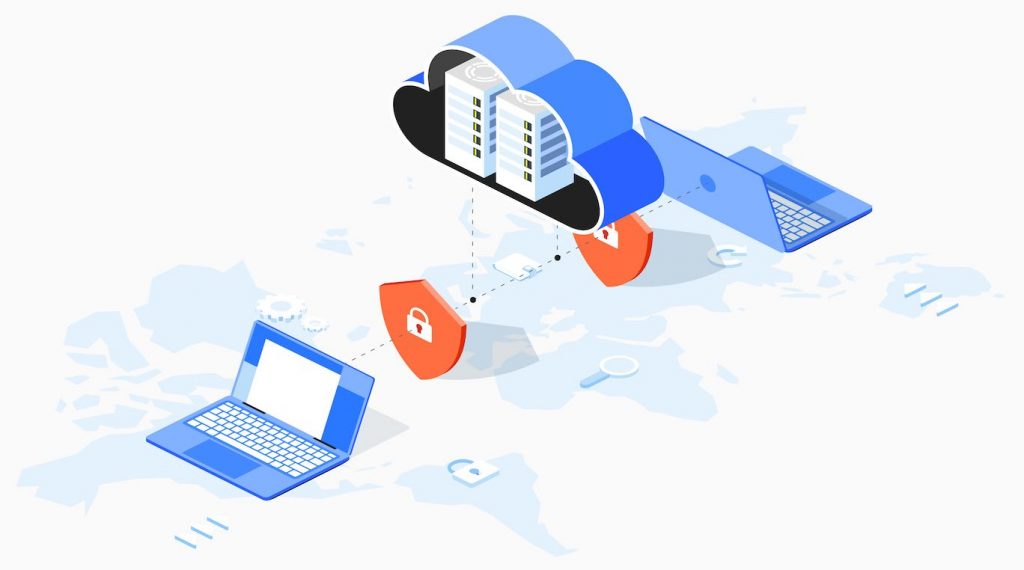The pandemic has completely altered the way in which we approach life and the working world that we once knew could be long gone. Days spent in the office and working on systems that are located on-site could be a thing of the past and that is all down the Covid-19 pandemic.
When the pandemic took control in 2020, businesses were forced to close their doors and where possible, instruct staff to work from home. From this came a new approach to working with employees logging into systems remotely and accessing data using VPN systems. There is no doubt that this change exposed some serious flaws with systems and although it might have seemed as though it was a simple option, it more than likely made businesses realise that their current systems are not up to speed.
New Normal. Old Systems
This “New Normal” as it is known has shown us how important it is to adapt to a modern way of working. Staff no longer need to be fixed to desks and computers, working away on the same old systems day after day. What this means is that businesses now have an opportunity to completely alter the way that they are set up.
In 2019, it was found that nearly 50% of businesses were still operating under Windows 7. If this is the case then they are no longer running efficiently or securely and that is a significant risk given the world that we live in. As more people are working from external locations and are having to use systems remotely, it means that there is an increased risk of cyberattacks.
Furthermore, with staff no longer on-site actively monitoring systems for issues or dealing with problems, it means that there is a risk of problems causing significant issues for employees, all of which rely on their systems to work at home. Servers can fail, data can become corrupted and backups can fail and all of that means that a business can be severely impacted.
Businesses then have to risk staff attending site to assess the issue before determining whether they have to purchase new equipment which comes at a cost. All of this means additional downtime, the wait for new equipment to arrive before being installed. This might not take a matter of hours but could be days and that can lead to the loss of time and money, both of which are crucial for any business. So, this should have shown businesses that the new normal might require them to take a new approach which means adopting secure cloud solutions.
How Cloud Solutions Support the New Normal
So, as businesses have changed how they work it’s imperative that they adopt new solutions such as cloud solutions.
Cloud technology is continuing to grow and evolve and more businesses are making the switch because of the benefits that it offers. Choosing to use a cloud solution will provide a wealth of benefits and one of those is security. Security can be looked at from several angles.
The first angle is security in the sense of risks of attacks and businesses that use their own standalone systems and servers are at risk if they are unable to maintain them correctly. Keeping up with ongoing risks is a full-time job and because staff are working from home, a change in environment can lead to more risks but a cloud solution will provide enhanced security. Using a cloud provider will ensure that you can avoid worrying about the risks as they will not only be reduced but they will be managed.
Security also has another meaning because cloud solutions provide security in the sense that resilience is a high priority and downtime is kept at a minimum. Having security over the performance of systems and access will ensure that your employers can continue to work, keeping productivity levels up. Furthermore, all data will be kept secure should it be automatically deleted or lost because of failure. Data is vital to the day-to-day running of any business and without it, businesses might find that carrying out tasks becomes a challenge. Despite this, cloud solutions provide a simple and effective solution that will ensure data remains safe, regardless of what might occur.
The changing landscape of the workplace and the need to adapt has show businesses the importance of flexibility by moving from traditional systems to cloud solutions, they can operate on a secure platform that brings with it a wealth of benefits.

